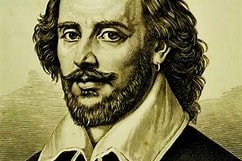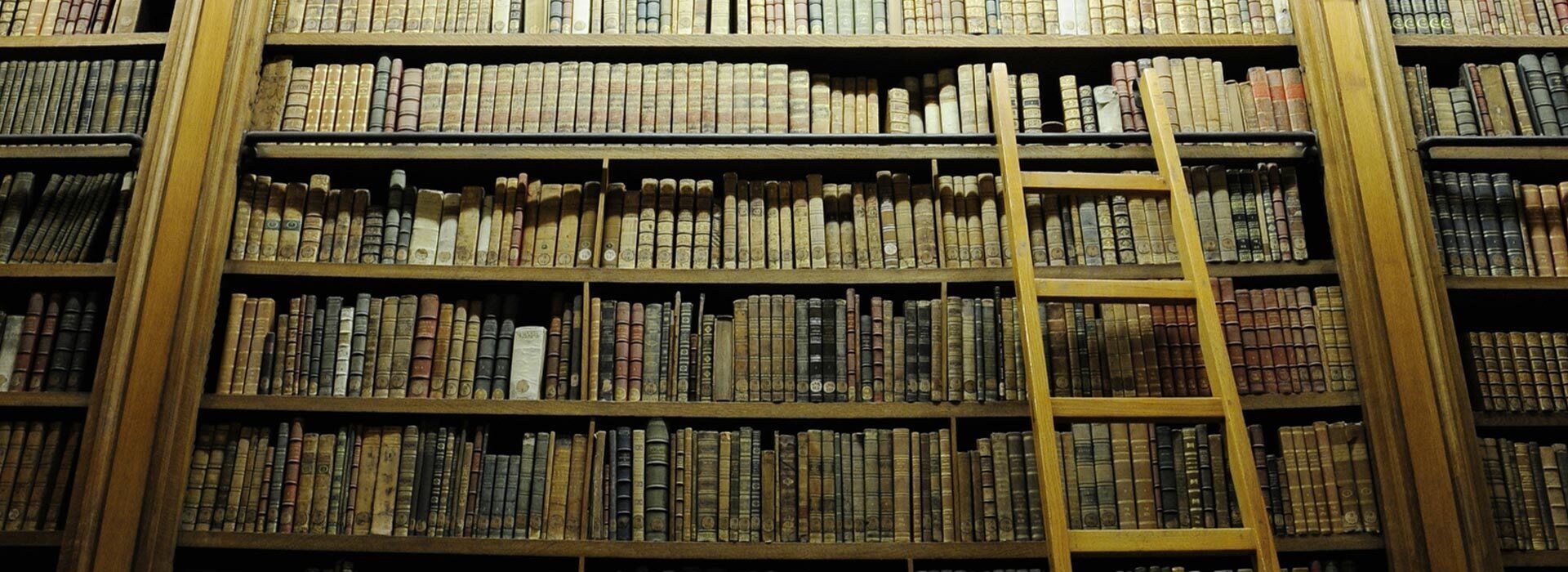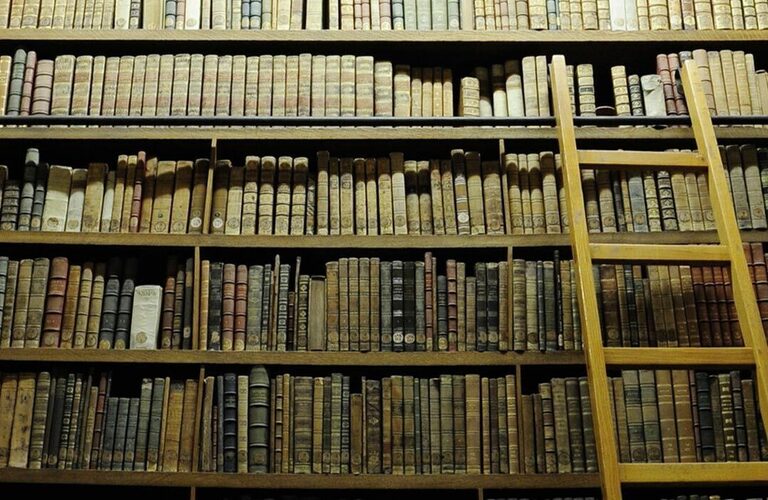
posted 10th June 2023
The literature of William Shakespeare has shaped a certain type of Englishness for centuries. His famous history plays depicting the lives of English monarchs have generated hundreds of screen adaptations making the names Laurence Olivier, John Gielgud, Michael Fassbender and Kenneth Branagh known all over the world. Olivier’s depiction of Shakespeare’s greatest tyrant, Richard III, is one of the most chilling and exceptional acting displays there has ever been. Branagh’s scintillating performance as Henry V earned him Oscar nominations for best actor and best director. Fassbender’s portrayal of Scottish tyrant King Macbeth bought a new generation to the work of the Bard with his exquisite display. The late John Gielgud made his name as one of the finest interpreters of Shakespeare’s work of the 20th century.
Shakespeare’s cultural legacy is like no other in the history of English literature. Everyone, no matter where they are from, has heard of Shakespeare even if they haven’t engaged in the literary works of the master of the English language. His series of history plays have meant that their Royal stars have continued to be household names long after they would otherwise have been forgotten. The BBC Shakespeare series saw the production of plays Richard II, Henry IV, Henry V and the Hollow Crown: Wars of the Roses. But why, hundreds of years after his death, does Shakespeare generate such interest? Why does this one writer from the late Tudor and early Stuart world still have such a hold on audiences?
The work of William Shakespeare has gone down in history because of its enduring themes. War, power, conflict, conspiracy and love. In Richard III, Shakespeare uses Sir Thomas More’s biography of Richard to bring the character to life in dramatical style. Richard II is his great megalomaniac personality. An unhinged King with a lust for power, his flaws showcased for the audience. Henry VI is the great victim of history with his mental illness and his weakness. Henry V is his hero. A King who bought glory to his nation through victory in war. MacBeth is the savage warrior who usurps a throne. Romeo and Julliet are the young lovers denied each other by family hatred. Julius Caeser is the great power who loves status and position. These plays, amongst many others, have long lasting appeal from one generation to the next because of the stories behind the characters. The tales of tragedy and betrayal are so universal as to be constantly relevant. Modern Hollywood producers commission movies based on these universal themes every year.
Shakespeare’s legacy to literature is there are still millions of people around the world who engage with his work to this day. Shakespeare died in 1616, over four hundred years ago, and is still a central pillar of English and artistic culture. No other writer has a catalogue of work that has been so developed by future generations of actors, writers and producers. His part in cultural history is unsurmountable with no other cultural figure in the recent or long past managing to produce a body of work that travels through time without ever getting old.




